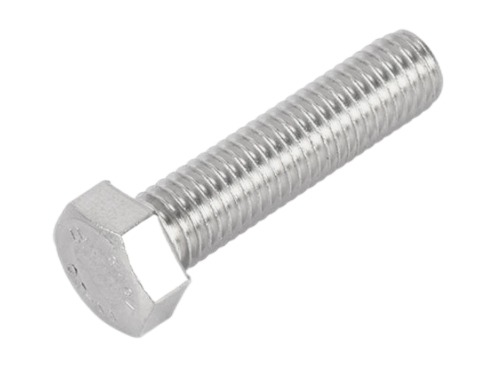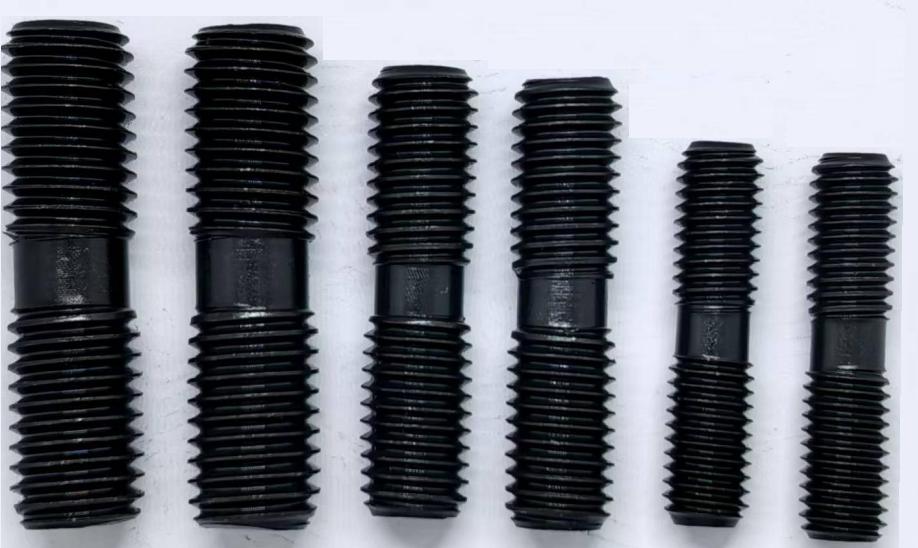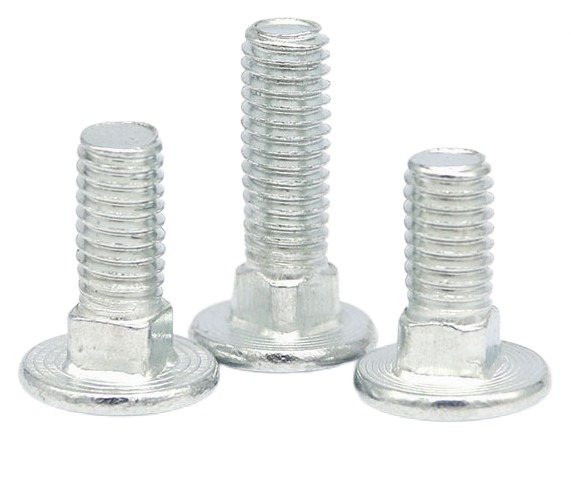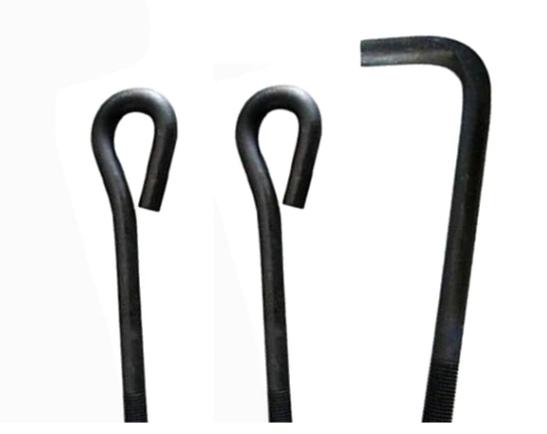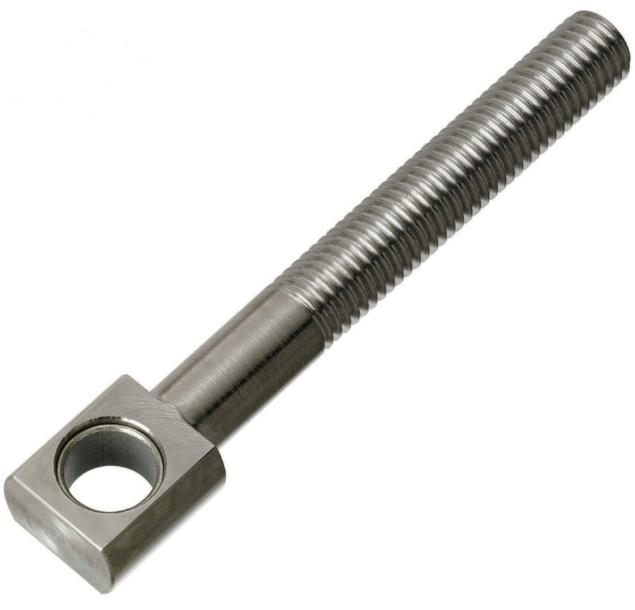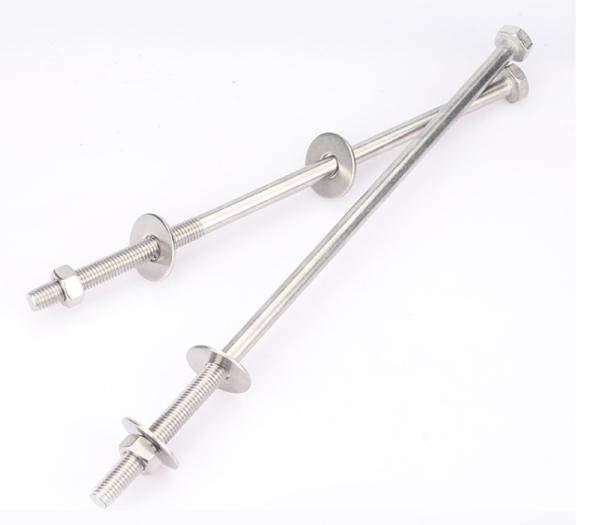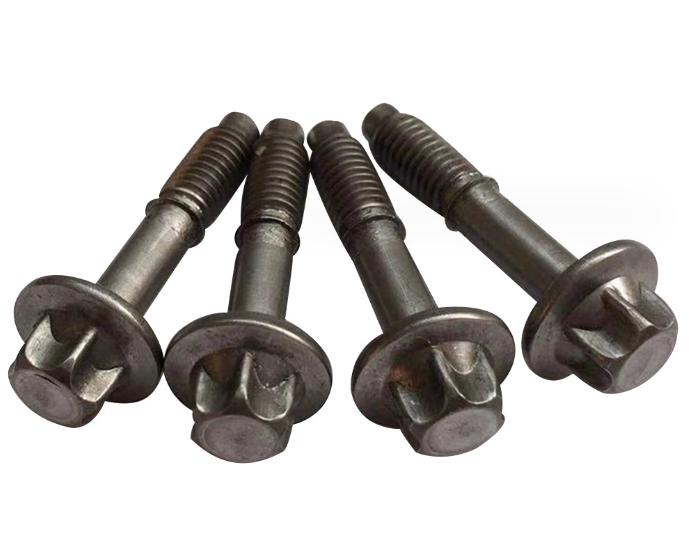How to Realize Custom Bolts for Specific Industries?
Table of Contents
Bolts are a fundamental component of industrial applications, ensuring secure connections in machinery, structures, and equipment. However, industries often require bolts tailored to meet specific challenges, such as extreme conditions, unique operational needs, or stringent safety standards. Custom bolts are the solution, designed to meet precise specifications for optimal performance and reliability.

Why Custom Bolts are Essential
- Tailored to Specific Applications: Custom bolts are designed to meet the exact specifications of a project, ensuring compatibility with unique components, materials, and systems. This is critical in industries like aerospace, automotive, and construction where standard bolts may not suffice.
- Enhanced Performance: Custom bolts can be manufactured using specialized materials, coatings, and treatments to provide increased resistance to environmental factors such as corrosion, heat, and pressure. This ensures longevity and reliability even in extreme conditions.
- Improved Safety: In critical applications, such as in machinery, bridges, or medical devices, the failure of fasteners can lead to catastrophic outcomes. Custom bolts are engineered for precise strength and performance, reducing the risk of failure and enhancing overall safety.
- Compatibility with Unique Designs: Complex or unconventional designs often require bolts with specific dimensions, shapes, or threading patterns. Custom bolts ensure seamless integration into these unique designs without compromising structural integrity.
- Support for Specialized Industries: Industries such as energy, oil and gas, and defense often require custom bolts to adhere to stringent regulatory and operational standards. These bolts meet specific load, torque, and performance requirements.
- Cost-Effectiveness in the Long Run: While custom bolts may have a higher upfront cost, their durability and tailored fit reduce maintenance, replacement, and downtime costs over time, making them a cost-effective choice.
- Flexibility in Materials and Coatings: Custom bolts can be made from a variety of materials and coatings to meet the specific needs of an application. This flexibility ensures the fasteners meet both functional and aesthetic requirements.
- Compliance with Industry Standards: Many projects require adherence to strict bolt standards such as ISO, ASTM, or ASME. Custom bolts can be manufactured to comply with these specifications, ensuring regulatory compliance.
- Reduced Risk of Supply Chain Issues: Custom bolts can be sourced or manufactured to avoid supply chain limitations associated with standard-sized bolts, ensuring uninterrupted project progress.

Key Industries that Benefit from Custom Bolts
This chart highlights how various industries leverage custom bolts to address their unique challenges and ensure optimal performance and safety.
| Industry | Specific Requirements | Custom Bolt Features |
| Aerospace | High stress, extreme temperatures, and lightweight needs | Titanium or super alloys, fine threads, high tensile strength, and heat resistance |
| Automotive | High torque, vibration resistance, and precise dimensions | Corrosion-resistant coatings, specialized threads, and high-performance materials |
| Oil and Gas | High pressures, extreme temperatures, and corrosive environments | Stainless steel or Inconel, protective coatings, and anti-corrosion designs |
| Marine | Saltwater corrosion resistance and durability in wet environments | Zinc or Teflon coatings, stainless steel, and robust designs for long-term performance |
| Construction | Heavy loads, vibration, and structural integrity | High-strength materials, large diameters, and specialized head designs |
| Energy | High temperatures, chemical exposure, and operational safety | Heat-treated bolts, chemical-resistant coatings, and precise torque specifications |
| Defense | Secure, tamper-proof applications and exposure to extreme environments | Anti-tamper designs, self-locking mechanisms, and high-strength alloys |
| Heavy Machinery | High loads, frequent assembly/disassembly, and wear resistance | Custom shank dimensions, durable coatings, and reinforced threading |

Key Customization Options for Bolts
1. Material Selection
Choosing the appropriate material is critical for durability and performance.
- Stainless Steel: Ideal for corrosion resistance and moderate strength.
- Titanium: Lightweight and highly resistant to extreme temperatures and corrosion.
- Alloy Steel: Offers superior tensile strength for heavy-duty applications.
- Inconel or Superalloys: Used in high-temperature or highly corrosive environments like aerospace or oil and gas.

2. Thread Design
Customized thread designs improve load distribution and prevent loosening in demanding applications.
- Fine Threads: Provide better resistance to vibration and more precise adjustments.
- Coarse Threads: Suitable for applications requiring quick assembly and disassembly.
- Specialized Threads: Includes trapezoidal or square threads for specific mechanical advantages.
3. Protective Coatings
Protective bolt coatings enhance the resistance to environmental and operational stress.
- Zinc Plating: Provides basic corrosion resistance, ideal for general applications.
- Teflon Coating: Reduces friction and resists chemical corrosion.
- Black Oxide: Offers mild corrosion protection and a sleek appearance.
- Hot-dip Galvanizing: Ensures superior corrosion resistance, especially in marine or outdoor settings.

4. Heat Treatment
Heat treatments improve the mechanical properties of bolts.
- Quenching and Tempering: Enhances strength and toughness.
- Case Hardening: Increases surface hardness while maintaining a ductile core.
- Annealing: Reduces internal stress, making bolts easier to machine.
5. Head and Shank Design
Custom head and shank designs optimize fit and performance in specific applications.
- Hex Head Flange Bolts: For applications requiring high torque and load-bearing capacity.
- Countersunk or Flat Head: Ideal for flush installations.
- Specialized Shank Features: Include grooves, knurls, or tapers for better grip or alignment.

6. High-Performance Features
Custom bolts can include advanced features for specialized applications.
- Self-Locking Mechanisms: Prevent bolts from loosening under vibration.
- Anti-Tamper Designs: Ensure security in sensitive installations.
- Heat and Chemical Resistance: Suitable for extreme environments, such as chemical plants or engines.

7. Unique Dimensions and Sizes
Non-standard bolt lengths, diameters, or thread pitches can be customized to fit precise requirements, ensuring compatibility with specific equipment or designs.
8. Load and Stress Optimization
Bolts can be designed to handle specific load types:
- Shear Loads: Enhanced for lateral forces, often using larger diameters.
- Tensile Loads: Reinforced to withstand pulling forces.
9. Markings and Identification
Custom markings, such as company logos or material grades, can be added for easy identification and traceability.
10. Surface Finish
Bolt surface finishing improves aesthetics and adds functional benefits like friction reduction. Options include polished, brushed, or textured finishes.

Steps in Manufacturing Custom Bolts
This chart provides a clear overview of the key stages involved in manufacturing custom bolts, ensuring each step aligns with the specific application’s requirements.
| Step | Description |
| 1. Requirement Analysis | Evaluate the application’s needs, including load, environment, and operational constraints. |
| 2. Material Selection | Choose the appropriate material based on strength, corrosion resistance, and durability. |
| 3. Design and Prototyping | Create CAD designs and develop prototypes for testing the bolt’s dimensions and features. |
| 4. Forging or Machining | Shape the raw material into bolts using forging, CNC machining, or other precision processes. |
| 5. Threading | Cut or roll the threads to match the specified pitch and size requirements. |
| 6. Heat Treatment | Apply treatments like quenching, tempering, or annealing to enhance mechanical properties. |
| 7. Coating or Plating | Add protective layers such as zinc, Teflon, or galvanization for corrosion resistance. |
| 8. Quality Inspection | Conduct dimensional checks, strength tests, and surface finish inspections for compliance. |
| 9. Packaging | Secure bolts in protective packaging to prevent damage during transportation. |
| 10. Delivery | Ship the custom bolts to the client, ensuring adherence to delivery timelines. |

In summary, custom bolts are vital for industries requiring precision, durability, and reliability. From aerospace to marine engineering, these specialized fasteners ensure safety and efficiency in demanding environments.

